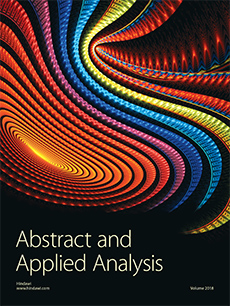Abstract
This paper studies channel consisting of a manufacturer and two retailers. As a basis for comparison, the first, multiagent Stackelberg model has been structured based on perfect rationality. Further, fairness preference theory will be embedded in marketing channel multiagent Stackelberg model, and the results show that if the retailers have a jealous fairness preference, the manufacturer will reduce the wholesale price, retailers will increase the effort level, product sales will be increased, and the total channel utility and manufacturers’ utility will be pareto improvement, but the pareto improvement of retailers’ utility is associated with the interval of jealousy fairness preference coefficient. If the retailers have a sympathetic fairness preference, the manufacturer increases wholesale price, retailers reduce the effort level, and the total channel utility, manufacturer’s utility, and retailers’ utility are less than that of the no fairness preference utility.
Citation
Kaihong Wang. Xu Yang. Yiwan Sun. Chuan Ding. "A Comparative Study of Marketing Channel Multiagent Stackelberg Model Based on Perfect Rationality and Fairness Preference." Abstr. Appl. Anal. 2014 (SI13) 1 - 11, 2014. https://doi.org/10.1155/2014/527458
Information





